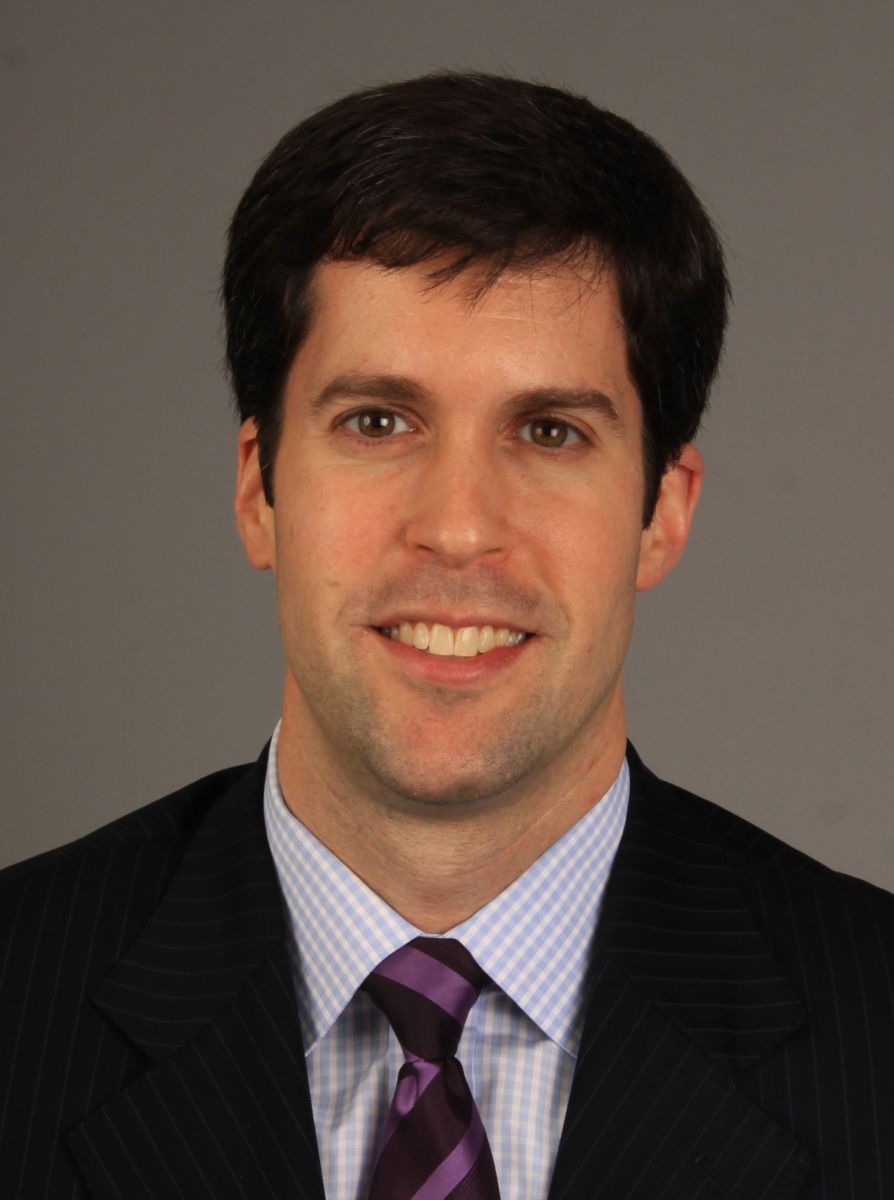Article
How to Talk About God in Psychotherapy
Author(s):
The effective therapist will practice what he preaches, pun intended.

It’s holiday time and I’m thinking about God.
What business does a psychiatrist have talking about God? By convention, religion and politics should be avoided in polite conversation, and this often extends to the psychotherapy session. However, part of the whole deal of psychotherapy is to look at and attempt to understand the things we avoid or deny because they elicit uncomfortable or unwanted feelings. The effective therapist will practice what he preaches, pun intended.
Whether the word “God” or anything directly related to religion is specifically voiced, the ubiquity and universality of those subjects suggests that if the themes go unrecognized, then it may be avoidance on the therapist’s part. Many patients want to discuss their feeling about God and religion explicitly, and this might make many therapists uncomfortable.
During my junior year of college, I read a lot of works by Kurt Vonnegut, the noted humanist, nursing the hunch that any theistic beliefs I had up to that point were based on superstition rather than the Truth. In this mindset, I saw a commercial sponsored by the Church of Jesus Christ of Latter Day Saints offering a free copy of the King James Bible. I thought, “why not?” and then spent the next few months reading it cover to cover, but I admit I did a bit of skimming through Deuteronomy.
At the time, I thought I was approaching this with an open mind, though I realized in retrospect that I was gathering evidence to deny the existence of God in favor of vague notions of secular humanism. But denying the existence of something is a funny thing. The very act of denial suggests that there is something to deny.
Freud, who was famously an atheist — though he wrote about the value of religion towards the end of his life — believed that there was no such thing as the negative in the unconscious. This is akin to the mathematical concept of the absolute value of a number. Regardless of the number’s sign as positive or negative, it is treated as the same thing. Another analogy is the process of film photography. To see the picture, you start with the negative and develop it. Subscribing to the idea of no negative in the unconscious, or listening in absolute values, an unprompted statement such as “I’m not a racist, but...” causes me to think, ”I’m about to hear something at least a little bit racist.”
Denial of the existence of aliens visiting Earth doesn’t tend to ruffle many feathers. A magical man that lives in the sky and grants wishes might seem equally improbable to some people, but this common perception of God is so ubiquitous and emotionally evocative that it necessarily occupies space in some part of everyone’s mind. Therefore, when I hear “there is no God,” I wonder if it translates to something like “there is this idea called God that I deny, because I equate it with an omniscient, judgmental, paternalistic authority figure.”
Furthermore, I have to think that those who go out of their way to put atheist-themed billboards in public places are the biggest believers of them all, as they’re essentially shouting “IT IS VERY, VERY IMPORTANT TO ME THAT THERE NOT BE A GOD AND THAT EVERYONE ELSE AGREES AND THEN REASSURES ME OF THIS.” In this denial of the Father, he still dies for our sins.
Viktor Frankl, a psychiatrist, Holocaust survivor, and author of Man’s Search for Meaning, once wrote, “Everything can be taken from a man but one thing: the last of the human freedoms — to choose one’s attitude in any given set of circumstances.” For those whose denial of God is based in a fear of lack of control, it may provide comfort to decide that God is whatever we choose it/him/her to be. After all, our perception is our reality.
I do not discuss my personal opinions about God with patients. A neutral stance with this, as with anything, allows the focus to remain where it should be: on the patients’ feelings and associations. Neutrality also facilitates transference, the therapist’s most useful tool. My opinions would be of little value, as they are nothing more than the opinions of one person that hold no greater validity than those of anyone else.
Nevertheless, I think it is important to continue to ponder God in my spare time, and I encourage other therapists to do the same. Absolute neutrality is neither possible, nor the goal. What I don’t mind revealing as a form of therapeutic modeling is openness to moving towards, rather than away from, things that frighten me or that I don’t understand, and maintaining an effort to understand my still-developing self.
Steven P. Levine, MD, is a board-certified psychiatrist and therapist. He received his psychiatry training at New York Presbyterian Hospital and Memorial Sloan-Kettering Cancer Center and currently practices in Princeton, NJ.




